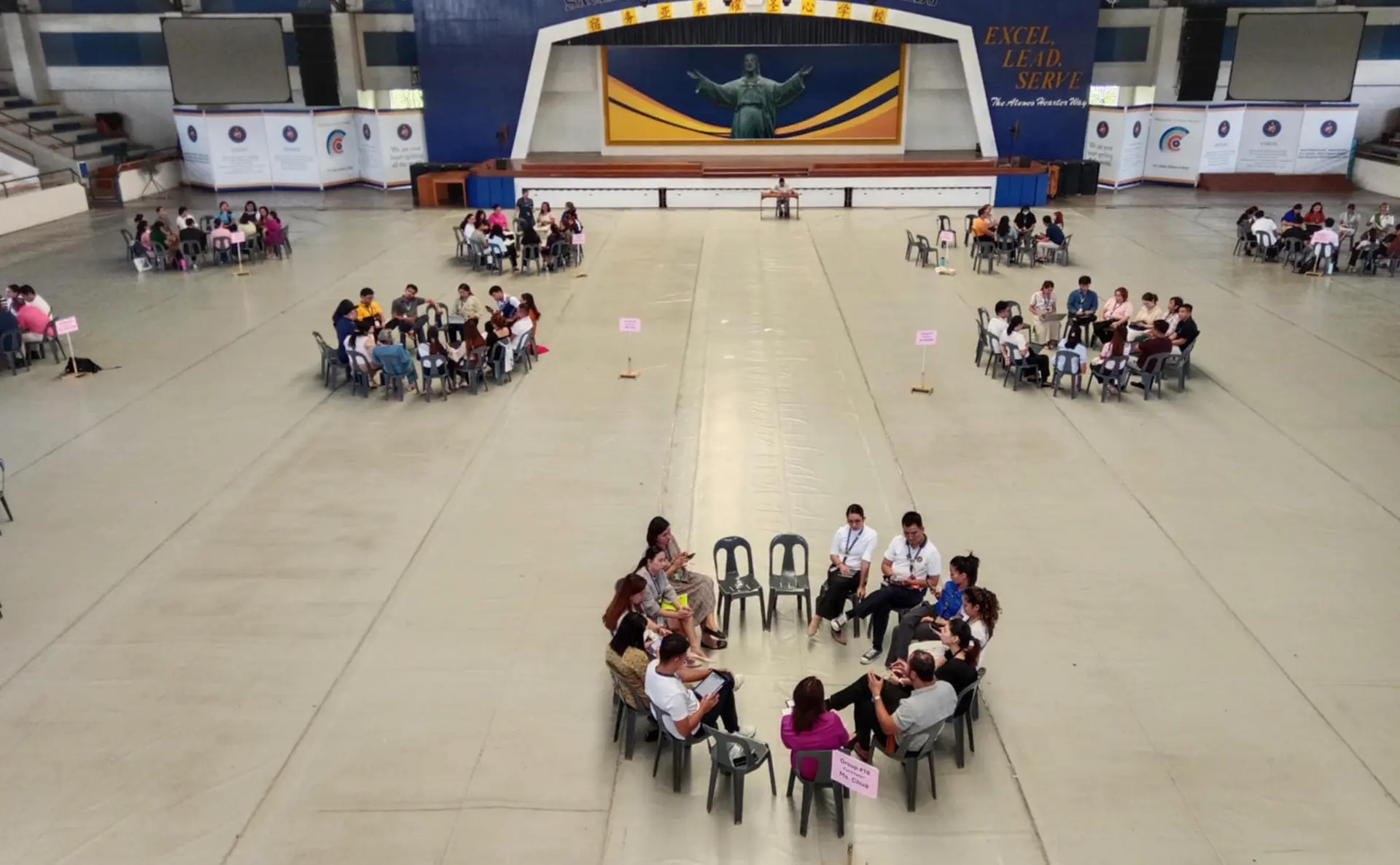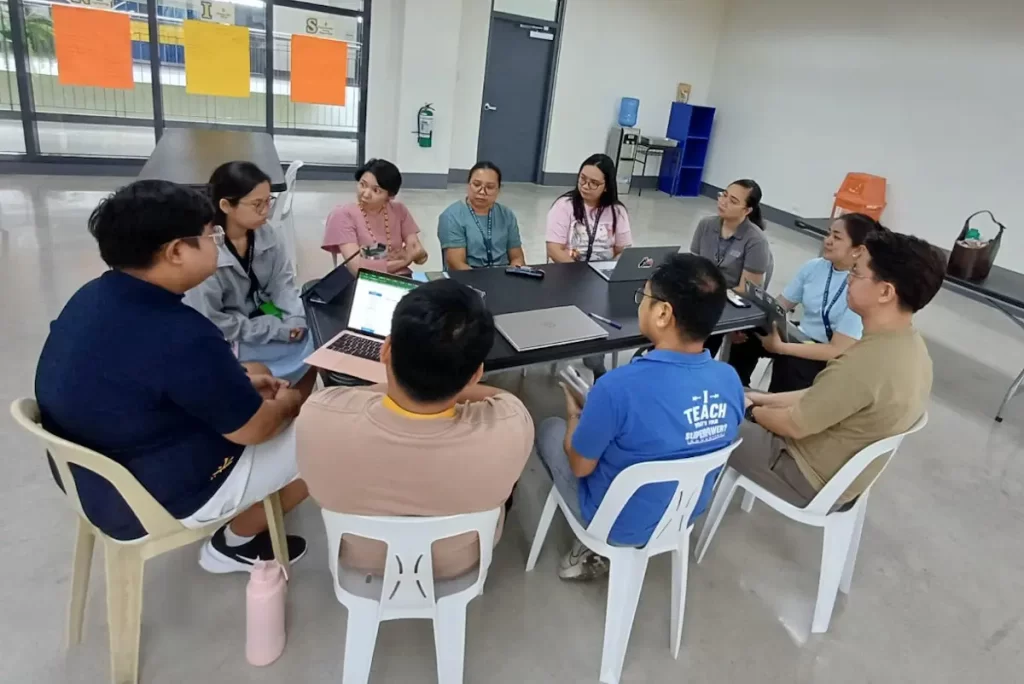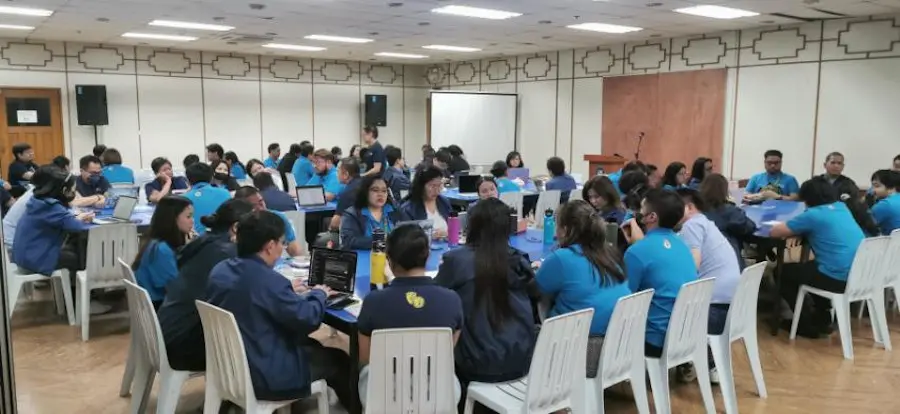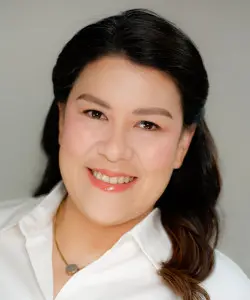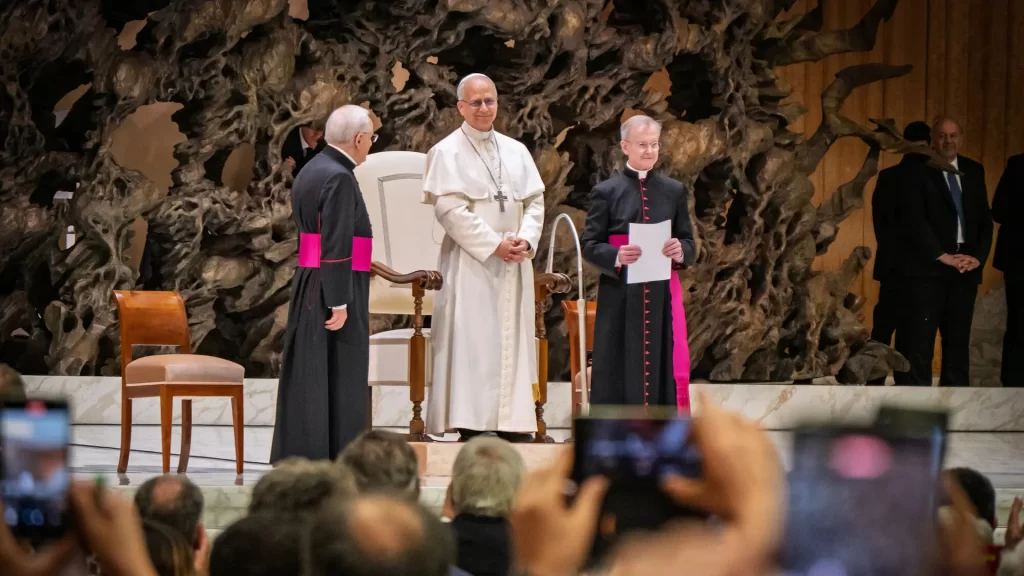The Society of Jesus’ global safeguarding initiative, Promoting a Consistent Culture of Protection (PCCP), has started its rollout across the Jesuit Conference of Asia Pacific (JCAP), with three Jesuit college preparatory schools participating as pilot institutions, responding to the call to make safeguarding a lived, visible, and enduring commitment.
Over 300 delegates from Xavier School’s San Juan and Nuvali campuses and Sacred Heart School–Ateneo de Cebu in the Philippines and Kolese Kanisius in Indonesia participated in the first course of the formation programme. This course, which spanned five months, combined online modules delivered through the Educate Magis platform with in-person pedagogical dialogues, following the format of spiritual conversations.
Unlike traditional online professional development courses, PCCP is designed as a sacred process—one that integrates Ignatian spirituality with scientific understanding of abuse and child protection. Fr John Guiney SJ, PCCP Programme Coordinator, and Dr Sandra Racionero-Plaza, PCCP Assistant Programme Coordinator, shared their time and expertise in guiding participants throughout the course.
Course One laid the groundwork for safeguarding across Jesuit schools. It centred on the spiritual and theological foundations underpinning safeguarding, aligned with the Jesuit mission and identity; the scientific and psychological basis for understanding abuse, trauma, and healing; and concrete, context-sensitive ways for schools to institutionalise safeguarding as a whole-school approach.
The course emphasised that safeguarding cannot be confined to a single office or unit; it must be a shared responsibility integrated into every aspect of school life—from leadership and classroom culture to pastoral care and institutional policy.
After completing four modules, participants engaged in spiritual conversations facilitated by volunteers from each school. These conversations provided safe spaces for deep dialogue, personal reflection, and communal discernment. This ensured that safeguarding was not only learnt cognitively but also integrated spiritually and communally, allowing schools to discern how best to live out this culture in their respective contexts.
Despite the many demands on teachers’ and staff members’ time, the delegates displayed extraordinary dedication, commitment, and generosity. They embraced the coursework and participated actively in conversations that will shape the future direction of safeguarding in their institutions. Their willingness to undertake this foundational experience is a testament to their long-term commitment to ensuring that their schools are not just places of learning but also of safety, trust, and care.
Additionally, their participation will allow the PCCP organisers to refine the programme so that it is best suited to the contexts of the next schools and institutions to embark on this training.
At its core, however, the PCCP initiative is not new to Jesuit schools. Cura personalis—the care for the whole person—is a hallmark of Jesuit education. PCCP simply affirms and strengthens this long-standing ideal, calling on all Jesuit institutions to be intentional, reflective, and united in cultivating a culture where all learners, especially the most vulnerable, are protected and empowered.
As we move forward and learn more from future courses, may this shared formation continue to shape hearts, policies, and cultures in our institutions, ensuring that every child and vulnerable person is known, valued, and protected.

